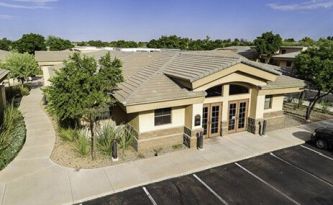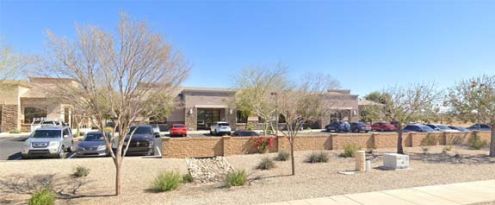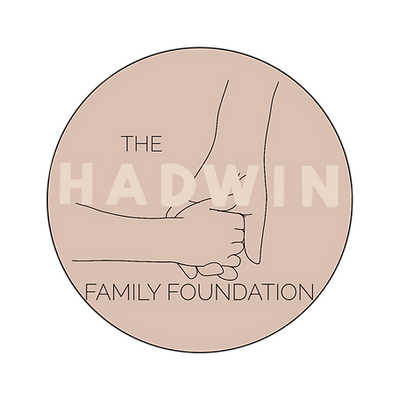Diminished Ovarian Reserve Treatment in Arizona

Ovarian reserve refers to the number and quality of eggs (oocytes) that a woman has remaining in her ovaries. Ovarian reserve strongly correlates with the age of the eggs: it is the biggest determinant of their quality and the probability that any egg will fertilize and develop into a healthy, chromosomally normal pregnancy. This is why egg age has the greatest impact on both natural fertility and fertility treatment success rates.
Women are born with a limited number of eggs that must last from birth through menopause (when the ovaries have completely exhausted their egg supply, menstruation ceases, and low estrogen often causes hot flashes). While the average menopause age in the United States is around 50, natural fertility peaks in a woman’s 20s and starts declining in her 30s. By age 35, she has roughly 3% of her original egg supply remaining, and the risks of infertility, miscarriage, and fetal chromosome abnormalities like Down Syndrome are significantly higher.
The three blood tests most commonly used to assess a woman’s ovarian reserve and to predict the probability of a good response to fertility medications are antimullerian hormone (AMH), follicle-stimulating hormone (FSH), and estradiol levels.
AMH is particularly useful because it can be checked at any time in a woman’s menstrual cycle and is valid whether or not she is using birth control. In general, we like to see AMH levels greater than 1 because a higher AMH is associated with a greater number of available eggs and a better response to fertility medications. The AMH level correlates with age and ultrasound ovarian follicle counts because the hormone is produced by the granulosa cells that line the follicles and help to maintain and develop the eggs. The more follicles a woman has, the higher her AMH, and the more eggs she is likely to produce when given strong enough fertility medications.
FSH is a less direct measure of ovarian reserve because it’s produced by the brain’s pituitary gland. When ovarian function begins to decline with age, FSH levels rise to compensate, and on days 2-3 estradiol may likewise increase. Therefore, we prefer not to see a day 2-3 FSH level of greater than 10-15 or a day 2-3 estradiol level greater than 80 — these can suggest that the body is working harder to develop and release its monthly egg.
It is important to note that AMH, FSH, and estradiol are not necessarily predictive of natural fertility. If a woman with low AMH or high FSH produces an egg each month and has no other fertility obstacles, she may still get pregnant. However, if there is a fertility issue, she may have a harder time producing multiple eggs in response to fertility drugs compared to women with normal AMH and FSH. These tests are best used to predict a woman’s ovarian stimulation response and to provide a snapshot of how her ovaries are functioning for her age. They should not be used to predict fertility or, in our opinion, to deny treatment opportunities to patients who have not had a chance to conceive with their own eggs.
Women 27 years and older who are considering starting or growing families may wish to meet with a reproductive specialist to assess their ovarian reserve and other natural fertility obstacles. Anyone who has been trying to conceive for more than 12 months without success should consider evaluation and treatment. If the woman is 35 or older, she should begin evaluation and treatment sooner due to concern for declining ovarian reserve. A woman may be diagnosed with diminished ovarian reserve if she is older than age 35, has abnormal ovarian reserve testing, or has responded poorly to standard or higher doses of fertility medications.
Women who would like to have a family but are not interested in becoming pregnant immediately may consider freezing their eggs. Women with a diminished ovarian reserve who wish to become pregnant immediately can take advantage of treatments like superovulation with IUI and IVF. Women may consider using donor eggs in cases of severely diminished ovarian reserve or premature menopause.
If you want to learn more about age-related diminished ovarian reserve (DOR), call your ACFS fertility team today at (480) 860-4792.











